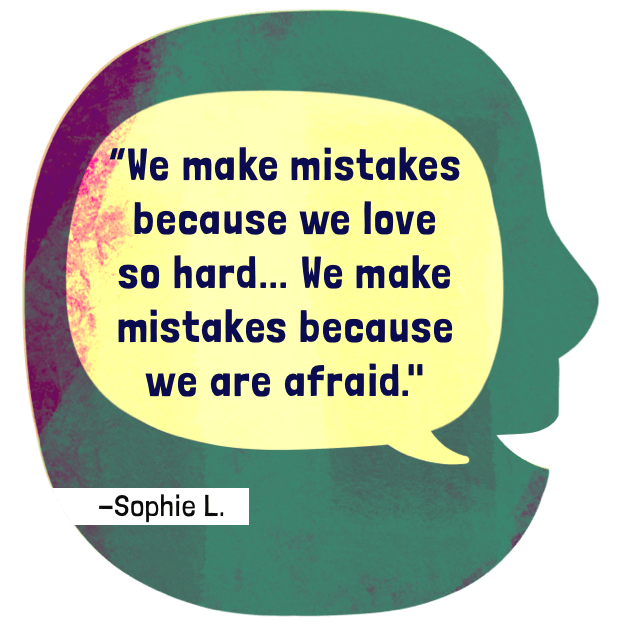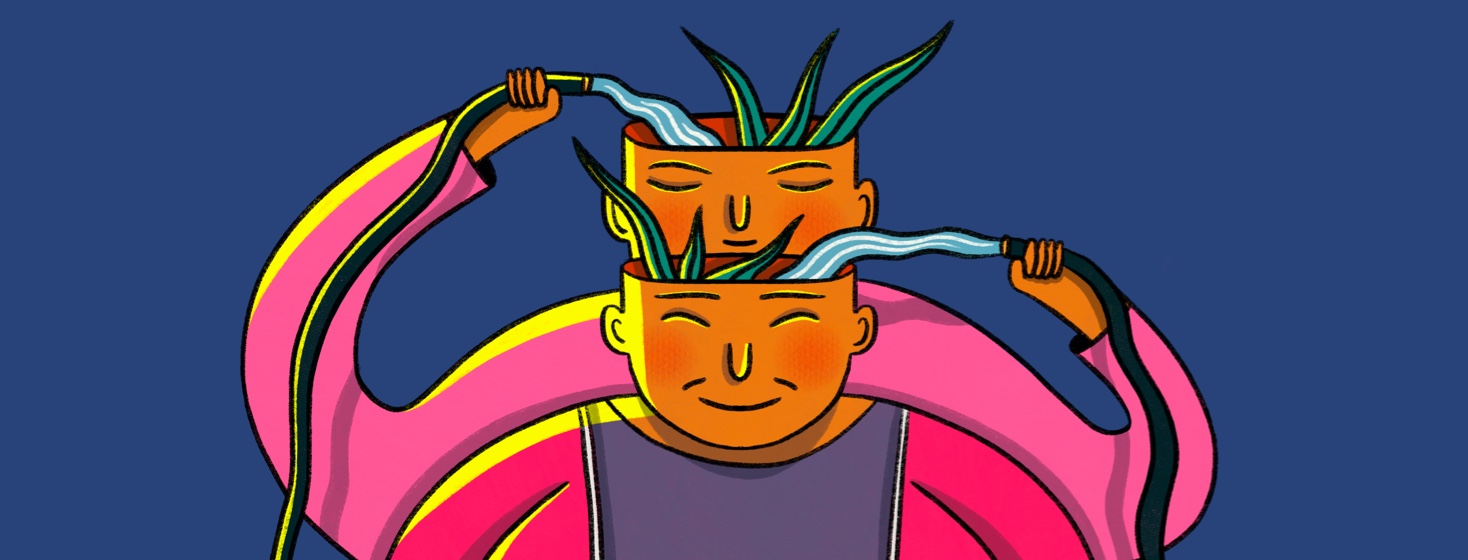Why I Struggle With the Term "Caregiver"
Long before my daughter's onset of schizoaffective disorder, I cared for relatives with early-onset dementia and debilitating PTSD. During these times, I took responsibility for household tasks, interacted with clinicians, monitored diet and medications, and made decisions that affected their lives. In other words, I "gave care" in all senses and was comfortable with the label of caregiver.
Caregiving at the onset of schizophrenia
Upon my daughter's onset, she required care for a period of months, during which I provided housing, meals, laundry, and other necessities. I also communicated with clinicians, got her to appointments, monitored her medications, educated myself about her condition, and ensured her safety to the extent that I could.
But my role as "caregiver" ended
But my role as caregiver ended when Sally was able to care for herself.
It's important to say that it was Sally who made that decision – not me, not her care team. While we could offer our opinions, I believe strongly that it is the person with the condition who has the ultimate authority.
Accepting I wasn't in control
To say I didn't get this at first is an understatement.
My first impulse when I'm worried about a loved one is to try to control their decisions and behaviors, and I tried to exert my will over Sally long after it was appropriate, giving my opinions about everything from her social life and return to work to her self-care and long-term goals. I also tried to "make" her listen to her care team and follow their advice.
Do I have regrets?
I cringe as I write this, remembering arguments that left me exhausted, hurt, and resentful. I remember the harm I did to Sally's recovery and self-esteem by suggesting that her intuition and reason were less reliable and valuable than mine and her doctors'.
Having a child with schizophrenia is complex
But I also feel great compassion for anyone thrust into this complex, confusing, and often contradictory role.

As a mom, I devoted decades to doing everything I could to protect and guide my children, and when Sally was recovering, it was hard for me to distinguish between supporting, enabling, and controlling. Also, caregiving is undervalued work in our society, and our healthcare system is not equipped to educate, support, include, and compensate those who care for our loved ones the most.
Support with boundaries
It has taken work and willingness from both Sally and me to hammer out my role in her life. Now I view myself as a parent of an independent adult, meaning that my job is to respect her privacy and autonomy, offer support when asked, acknowledge her boundaries and set my own where appropriate.
On the other hand, I'm also her on-call support system should she need it. I stand ready to step in during any future crisis to handle anything Sally can't take care of herself, only for as long as necessary.
During a schizophrenia crisis
I don't mean to suggest this is a smooth or easy process. For example, during a crisis I may need to access information that is otherwise private, such as medication information and communication with employers. But I do my best (aided by an aging memory!) to "forget" all privileged information as soon as the crisis is resolved.
Am I "caregiver"?
So am I a caregiver? The best response I can give is "sometimes." I feel like an army reservist who trains and stands ready for an eventuality that she hopes never comes to pass. And just as a reservist deserves to feel pride in her contribution, I feel proud of mine.
Language both reflects and reinforces how certain groups are held in our society. What we call ourselves matters – to our loved ones, our communities, and ourselves. However you define your role in your loved one's life, I hope that you honor the very important work you do.
So it doesn't go unsaid...
Caregiving is different for each of us. Some of our loved ones require ongoing support and/or depend on us for various needs indefinitely. The role of caregiving can be emotionally and physically exhausting, financially devastating, not to mention misunderstood and stigmatized. To my fellow caregivers who are always on the job, please know you have my love and respect, and nothing I write is meant as criticism, judgment, or advice. I'm pretty sure we're all doing the very best we can.
